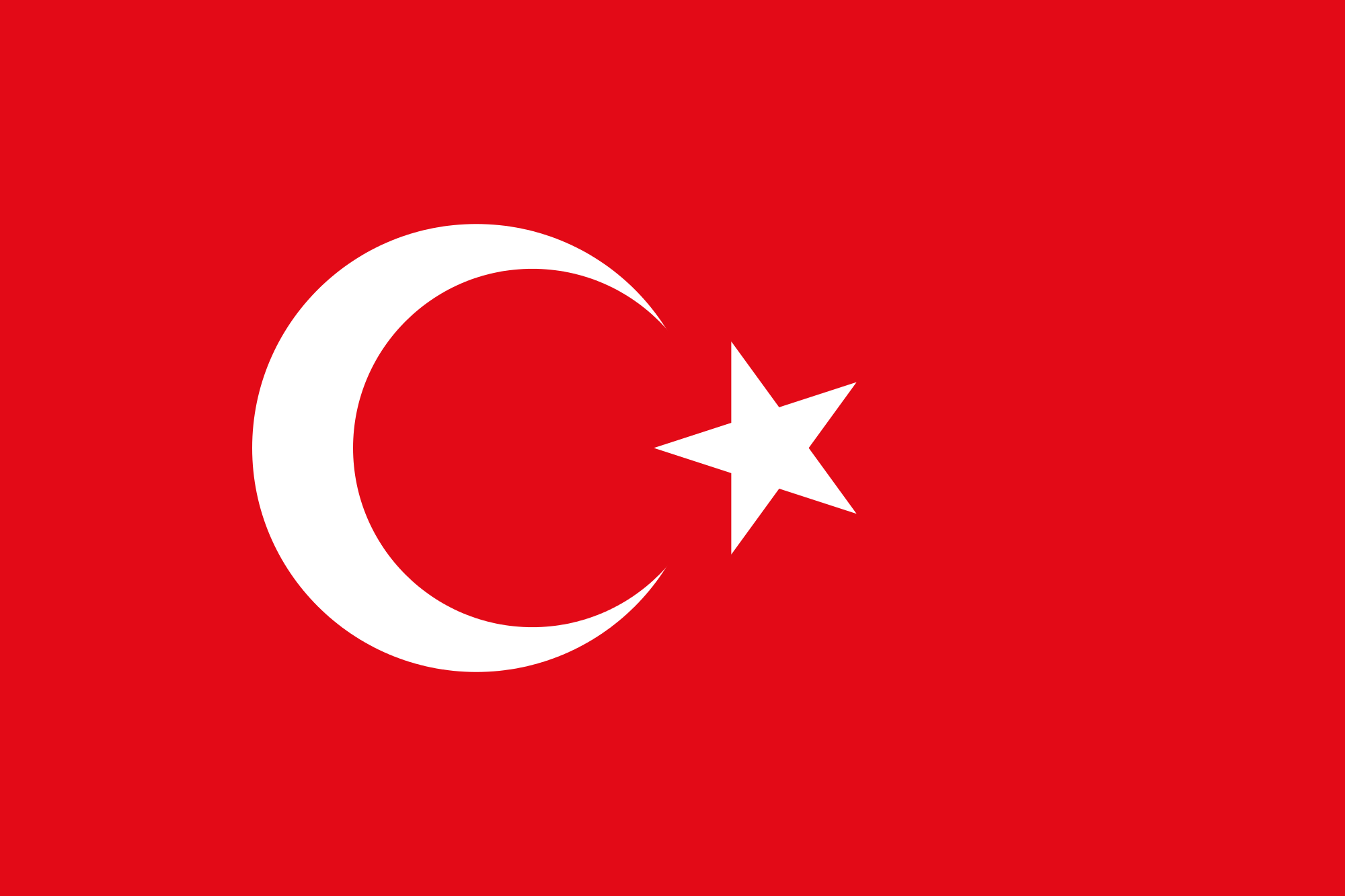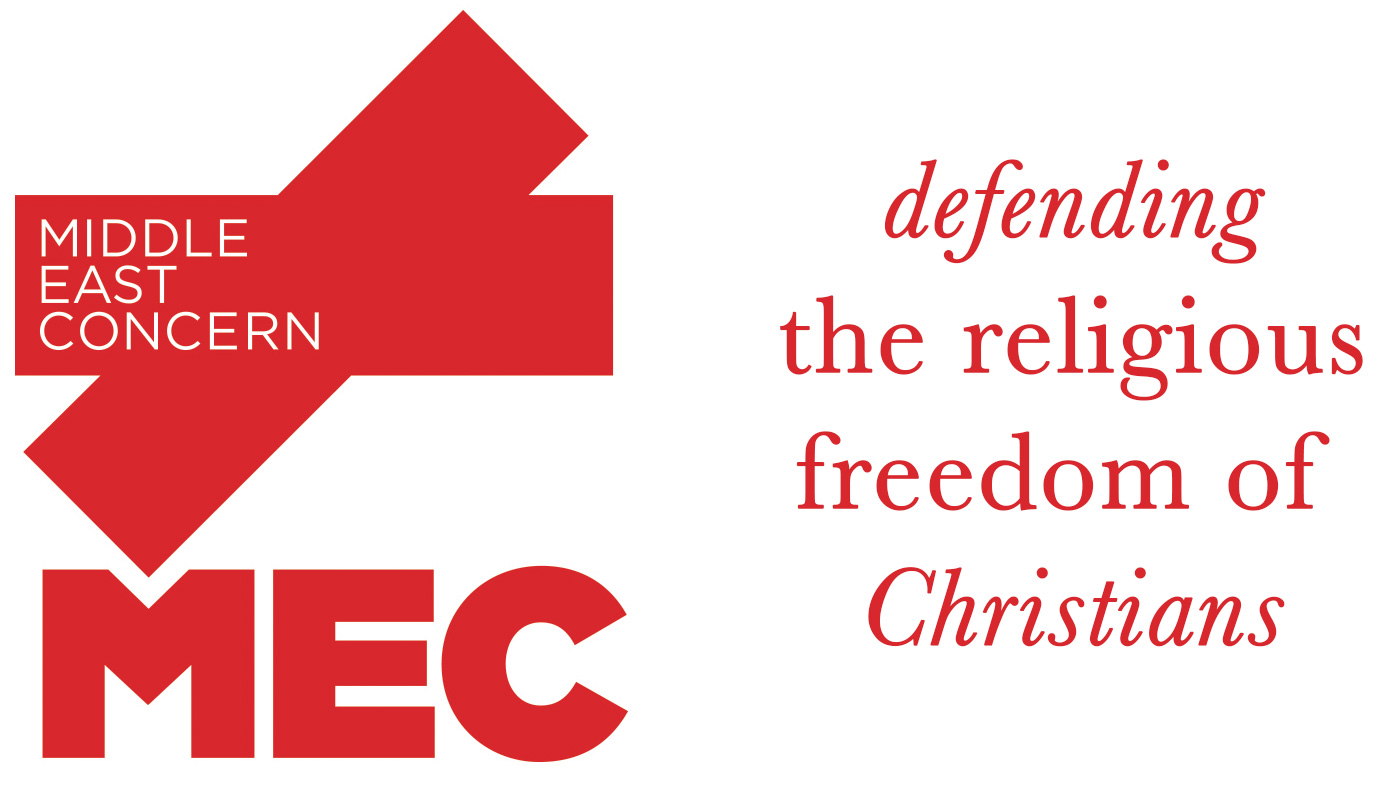
The population of Türkiye is more than 85 million and it hosts about three and a half million asylum seekers and refugees, mainly from Syria. The majority of Turkish citizens (98-99 per cent) are Muslim, with a quarter of those being Alevi (a small offshoot of Shi’a Islam). Christians in Türkiye include indigenous Christian communities, Turkish Christian believers from Muslim backgrounds, and expatriates (including asylum seekers and refugees). The largest ethnic Christian group is the Armenian Apostolic Church, followed by the Syriac Orthodox Church and the Arabic-speaking Greek Orthodox community under the Patriarchate of Antioch. Istanbul remains the seat of the Ecumenical Patriarch of the Eastern Orthodox Church; the Patriarch is recognised by the Government as the leader of the dwindling Greek-speaking Orthodox community in Türkiye, but his ecumenical status in the worldwide Eastern Orthodox Church is denied. Also present are churches belonging to the Catholic rite (Armenian, Syriac, Chaldean, and Latin), Anglican churches and local evangelical churches, many of which belong to the Association of Turkish Protestant Churches (TeK).
The constitution establishes Türkiye as a secular state, affording no privileged status to Islam or Islamic law. While a founding principle of the modern Turkish state is the separation of State and religion, in practice, the state controls religion and promotes the Hanafi school of Sunni Islam at home and abroad through the Directorate of Religious Affairs (Diyanet). The constitution affirms the principle of non-discrimination, including on the basis of religion, and guarantees the free exercise of worship and religious rites, including freedom from religious compulsion – provided religious practices do not undermine the fundamental rights of others. Religious conversion is legally permitted, including from Islam, though social disapproval may be encountered. The Armenian Apostolic and Greek Orthodox churches, together with the Jewish community, and to an extent the Syriac Orthodox church, have recognition under the Lausanne Treaty of 1923 – although their administrative structures do not have legal entity. These communities may operate religious schools, though restrictions on private universities prevent the operation of training colleges and the Orthodox seminary on the island of Halki, Istanbul, remains closed since 1971. All other religious groups must register as associations or foundations (with charitable or cultural objectives) to have limited legal status. Although the Lausanne Treaty stipulated that recognised non-Muslims could govern personal status issues according to their own rites, all citizens of Türkiye are now subject to the secular civil code.
Türkiye ratified the European Convention on Human Rights (ECHR) on 18 May 1954 and the International Covenant on Civil and Political Rights (ICCPR) on 23 September 2003. Both the Convention and the Covenant uphold the right to freedom of religion, including the right to hold a religion of one’s choice and the right to manifest that religion, and the principle of non-discrimination. Türkiye’s ratification of the ECHR was made without reservation. Ratification of the ICCPR was made with a reservation that provisions relating to ethnic, religious, and linguistic minorities would be interpreted in accordance with related provisions in the Turkish constitution.
Christians in Türkiye enjoy a considerable degree of freedom, though pressures persist. Those who choose to leave Islam face family and societal pressure, though this rarely results in violence. However, according to the Freedom of Belief Initiative, the number of hate crimes against Christians has consistently risen over the period 2020 – 2023[1].
Andrew Brunson, an American pastor, was detained two years from October 2016 to October 2018 on spurious terrorism charges and was finally released after the United States applied sanctions on Türkiye. The Turkish economy was hard hit, and “foreign powers” blamed by the Turkish media. Since then, significant numbers of foreign Christians residing in Türkiye have been designated security threats and banned from the country. This has impacted the functioning of many Protestant churches throughout the country. Some of those foreign Christians designated as security threats are married to Turkish citizens, often pastors in Protestant churches, and the security codes put pressure on the entire family to emigrate.
[1] https://inancozgurlugugirisimi.org/
